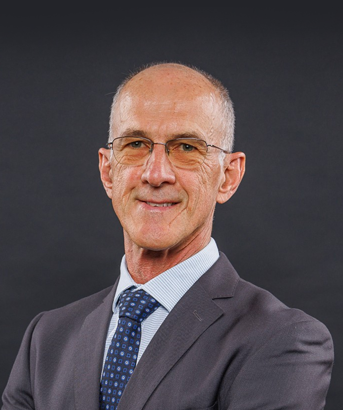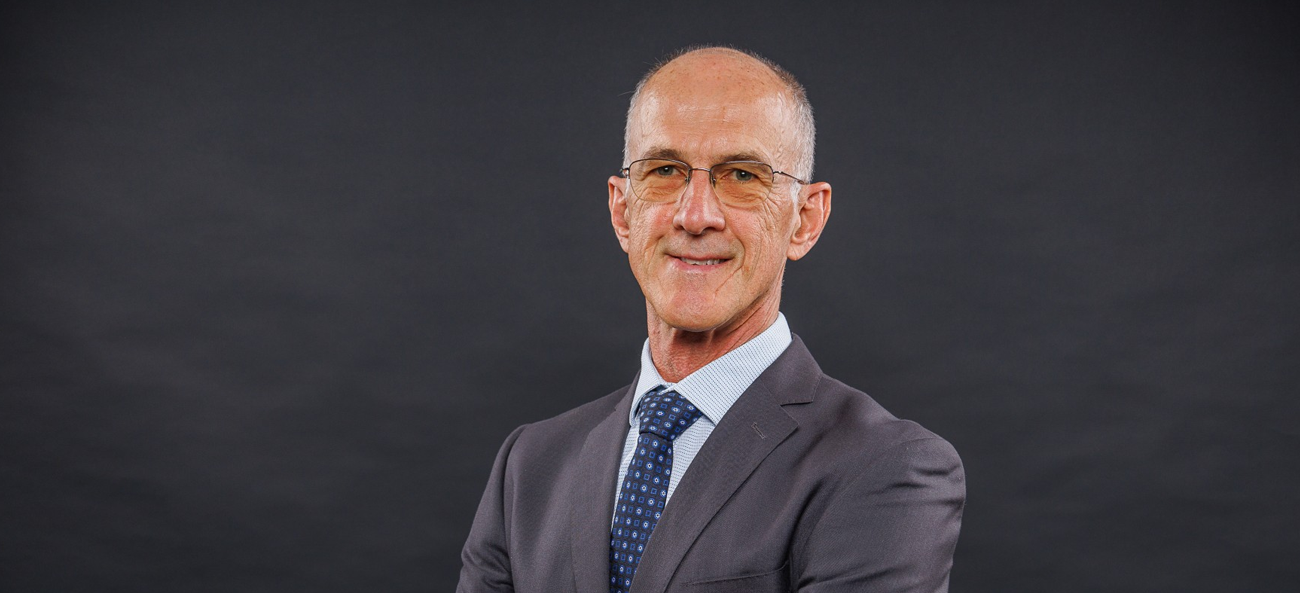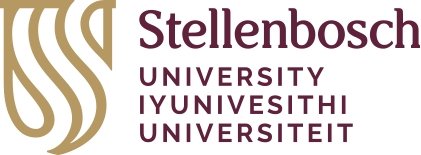
- This event has passed.
Prof Phillip Strydom
May 30, 2024 @ 17:3018:30


‘The perfect steak’ – are we there yet?
Perfection in the biological sphere is probably impossible.
The concept of ‘the perfect steak’ may mean completely different things to different consumers. For some, ‘perfection’ is having enough to feed all mouths at an affordable price. For others, it is defined by extreme flavour, texture and juiciness, sometimes balanced with environmental and animal welfare considerations, while price is less important. Without detracting from any of these views, this inaugural lecture describes the journey of beef (and other meats) over the past three decades. It points out how research has enhanced meat quality, while also highlighting threats to sustainable meat production.
In South Africa, the early 1990s were not only characterised by political changes, but also by changes in the meat industry, although lagging slightly behind politics. The 1990s saw the conversion of a regulated industry, where almost every aspect of the production, harvesting and processing value chain was standardised, into a deregulated dispensation.
Up until then, there was very little variation in operations that could affect meat quality (specifically also eating quality). Genetic variation in terms of breed and breed types did exist, and breeder societies showed a particular interest in not only the genetics of production, but meat quality as well. The characterisation of breeds and breed types was a popular research subject. Yet variation in the production of beef, mostly through feedlots, was limited, and almost all animals were slaughtered in a range of identical state-owned abattoirs (Abakor). The conversion of muscle (live animal) to meat (carcass at 24 hours) took place under standardised conditions. All these processes were overseen by the Meat Board, being the regulatory body that controlled price structuring and meat distribution, among other functions.
In the mid-1990s, however, deregulation started to take place. With the demise of the Meat Board, the industry was flung open, and the ‘value chain’ was increasingly owned by individual companies, who could implement various processes and interventions to produce meat as efficiently as possible. Prices became market-driven. Many operations adopted the vertical integration of feedlots, abattoirs, processing plants and even a retail component. The deregulated industry provided an opportunity to manage processes optimally for maximum efficiency and profit. Science played a major part in this regard, particularly in the fields of genetics, nutrition, husbandry and pharmaceuticals.
Efficiency in animal production (at least in beef and pork) generally goes hand in hand with an increase in the size of the animal, and therefore the carcass. Harnessing genetics, nutrition and pharmaceuticals to produce more protein for an exponentially growing population, at a lower price and with fewer animals, may seem like a good idea. Yet, as the lecture will explain, the single-minded focus on efficiency brought major challenges for quality. Over time, deregulation and individual ownership of abattoirs have seen a different type of animal (and carcass) being processed, and in facilities with aging infrastructure to boot. Collectively, these conditions serve as a warning sign to an industry that seeks to sell a high-value nutritious product rather than a commodity. Science will be a major role player in achieving this goal in a sustainable way.
WATCH THE INAUGURAL LECTURE HERE
Short biography
Phillip Strydom is a professor of Meat Science in the Department of Animal Sciences at Stellenbosch University (SU) since 2020. He previously headed up the Meat Science Centre at the Animal Production campus of the Agricultural Research Council in Irene, Centurion.
Over the past three decades, his research has focused on growth manipulation in sheep and cattle to improve growth and yield without jeopardising meat quality, as well as the chemical castration of bulls. His other research areas are the characterisation of various beef breeds in South Africa with regard to growth, lean yield and meat quality, as well as the processes involved in the manipulation and management of meat quality across the value chain, with a particular emphasis on rigor mortis. In the process, Prof Strydom has engaged with international research groups and spent a sabbatical (2004) at France’s National Research Institute for Agriculture, Food and Environment. In recent years, he has been involved in revising the pork classification system and has been a key role player in the carcass grading initiative. The latter focuses on developing an improved or more suitable beef grading system for South Africa.
Prof Strydom serves on the editorial board of the journal Meat Science. He has authored and co-authored several scientific papers and produced or contributed to chapters in three textbooks as well as the Encyclopedia of Meat Sciences. Before he joined SU, 12 PhD students and 19 MSc students at five South African universities had already graduated under his co-supervision.

Recent Comments